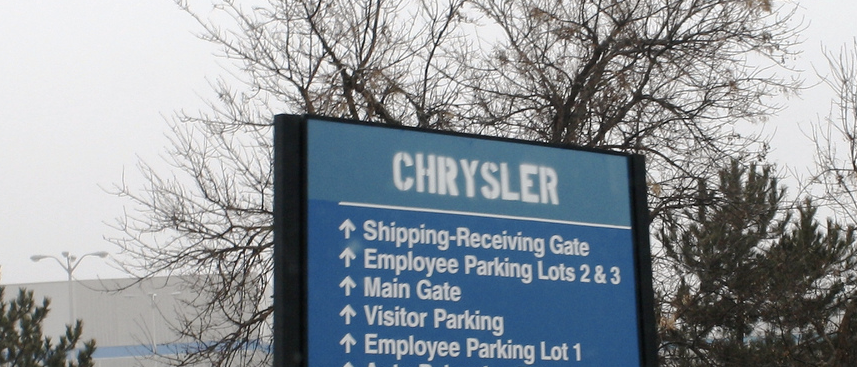NHTSA Closes Probe Into 1.9M Chrysler, Dodge Minivans Without Determining Cause Of Stalling Issue
NHTSA’s probe, which first began [PDF] in September 2014, centered on model year 2003 to 2007 Dodge Grand Caravans, Dodge Caravans, Chrysler Town & Country and Chrysler Voyager minivans that suffered engine stalls shortly after refueling.
The initial probe was initiated after the owner of a 2007 Dodge Grand Caravan submitted a petition [PDF] asking NTHSA to investigate widespread stalling complaints.
According to a recent notice [PDF] from NHTSA, the decision to not move forward with a formal investigation was made because investigators believed it was unlikely to result in a finding that a defect related to the vehicle exists.
The initial probe involved the evaluation of a consumer petition and the analysis of 161 consumer complaints submitted to the agency and 632 consumer complaints submitted to Chrysler.
“After filling my van with gas, it stalls, I will leave the station and within the first mile, the car sputters and stalls,” a complaint by one vehicle owner states. “This has been going on for years.”
“After fueling the vehicle, pulling out from the gas station, the van stall violently: loses power, lurches and surges,” another complainant writes. “This has become increasing severe, most recently nearly causing a collision.”
NHTSA also considered the analysis of field data, reviews of technical information provided by Chrysler and testing of minivans identified as experiencing post-refuel engine stalls before making the decision to close the preliminary probe into the vans.
NHTSA notes that the vehicle stalls occur only immediately after refueling and happen at low engine speeds and that the failure rate is low, even in vehicles that are eight to 13 years old.
Additionally, the agency is unaware any reports of crashes or injuries resulting from the stall condition.
“Given the need to allocate and prioritize NHTSA’s limited resources to best accomplish the Agency’s safety mission, the petition is denied,” the notice states.
Want more consumer news? Visit our parent organization, Consumer Reports, for the latest on scams, recalls, and other consumer issues.


